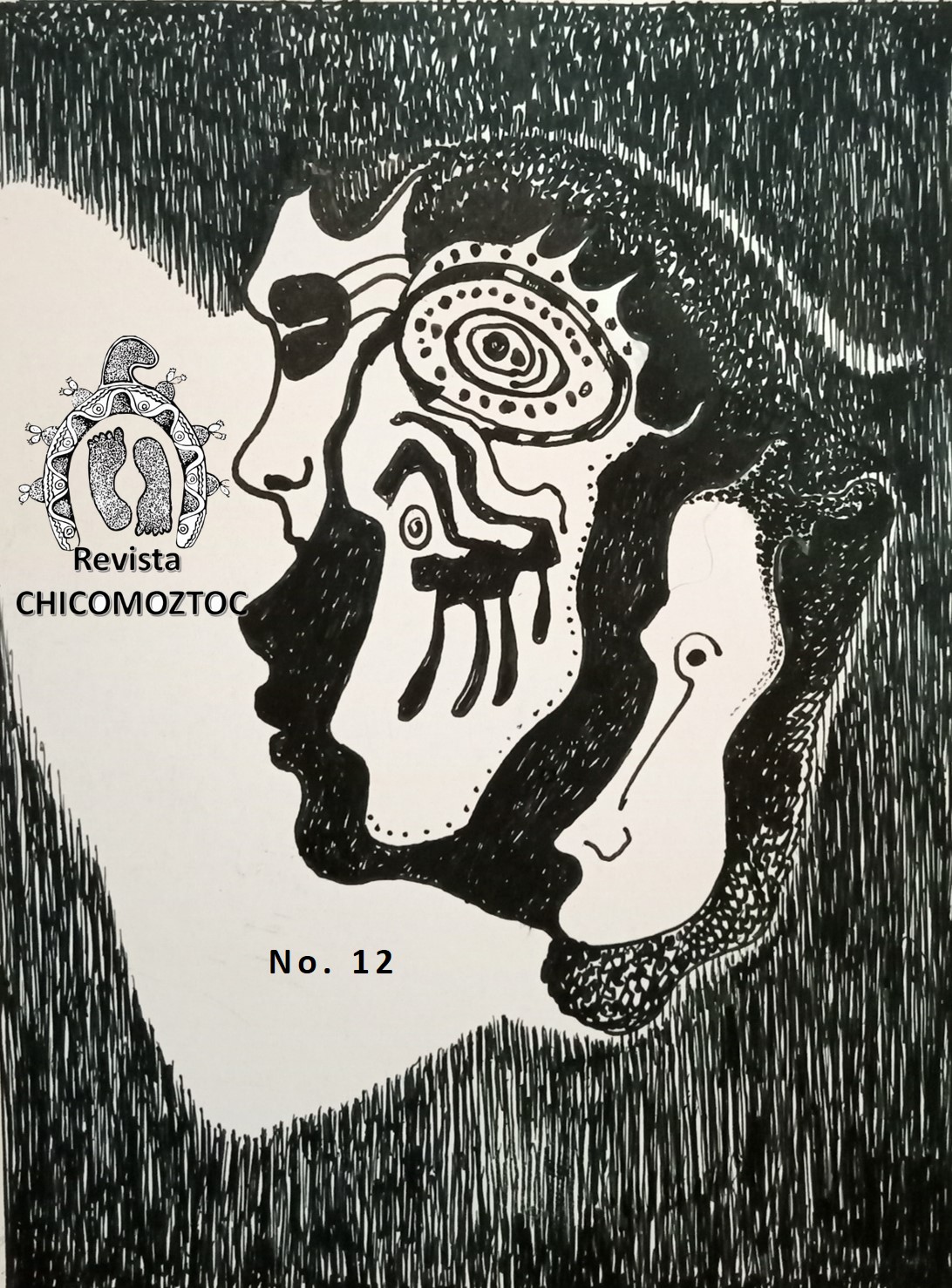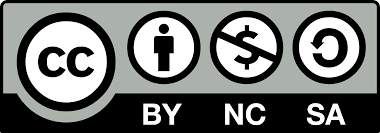The training of forensic scientists in reality contexts, the case of the Forensic Farm of the University of Guadalajara
Published 2024-07-10
Keywords
- training of forensic scientists,
- experimental laboratories,
- body farms
How to Cite
Abstract
In the field of forensic sciences the crucial role of universities, especially public ones, in the training of professionals and the advancement of forensic investigation involves seeking learning environments that build reality contexts where future professionals can develop applied knowledge, scientific, technical, methodological and ethical skills which allow them not only to collaborate with the justice system to improve the quality and effectiveness of criminal investigations essential to strengthen the capacity of the rule of law and reduce impunity, but confront the complex situations that frequently occur in our country derived from phenomena such as the disappearance of people, the execution of high-impact violence and the forensic crisis. The case of the experimental laboratory in Mexico, the Forensic Farm of the University of Guadalajara, three years after its operation offers some examples of the convenience of training simulation exercises for the development of highly trained professionals with comprehensive training.
Downloads
References
Bell, S. (2006). Forensic Chemistry.1a ed., pp. 8-9. Pearson Education, Inc.
BBC News Mundo (2019, 18 junio). Qué son las «granjas de cadáveres» donde los cuerpos humanos se descomponen a la intemperie (y por qué causan controversia incluso entre científicos). Recuperado de https://www.bbc.com/mundo/noticias-48538093
Código Nacional de Procedimientos Penales [C.N.P.P.], (2024, 26 de enero). Diario oficial de la Federación [D.O.F.]. México. Recuperado de https://www.diputados.gob.mx/LeyesBiblio/pdf/CNPP.pdf
Consejo General Universitario (2017). Dictamen de creación de la licenciatura en Ciencias Forenses. Dictamen Núm I/2017/353. Recuperado de http://www.hcgu.udg.mx/sites/default/files/sesiones_cgu/2017-2018/Educaci%C3%B3n%20y%20Hacienda/2017-12-15%2000%3A00%3A00/edh353.pdf
Consejo General Universitario (2017). Dictamen de creación ejecutoria de la Granja Forense. Dictamen Núm HCCU/117/2021. Recuperado de http://www.hcgu.udg.mx/sites/default/files/sesiones_cgu/2017-2018/Educaci%C3%B3n%20y%20Hacienda/2017-12-15%2000%3A00%3A00/edh353.pdf
UASLP, (2024, 5 de julio). UASLP, pionera en creación del Laboratorio de Investigación, Experimentación y Entrenamiento de Ciencias Forenses, impulsado por 3 facultades. Noticias de la Universidad Autónoma de San Luis Potosí. Recuperado de https://wp.uaslp.mx/noticias/investigacion/uaslp-pionera-con-creacion-del-laboratorio-de-investigacion-experimentacion-y-entrenamiento-de-ciencias-forenses-impulsado-por-3-facultades/
Trejo, G. y Ley, S. (2021). Votos, drogas y violencia. La lógica de la política de las guerras criminales en México. Debate.
Wolff, B. M. (2015). A Review of ‘Body Farm’ Research Facilities Across America with a Focus on Policy and the Impacts When Dealing with Decompositional Changes in Human Remains. Dissertatio of Master of Arts in Criminology and Criminal Justice. The University of Texas at Arlington. Recuperado de https://mavmatrix.uta.edu/crcj_theses/5/


